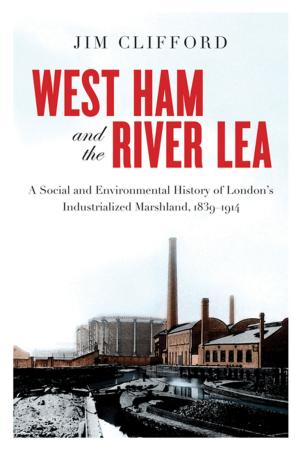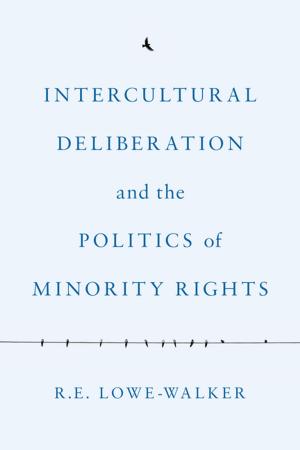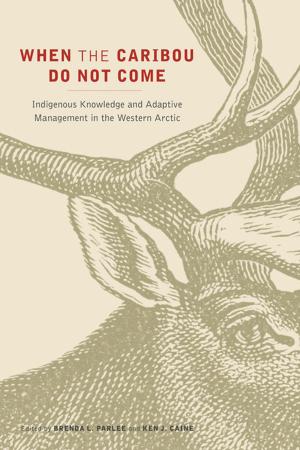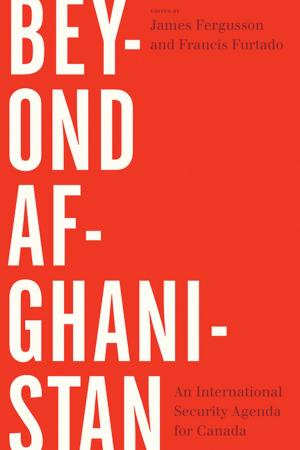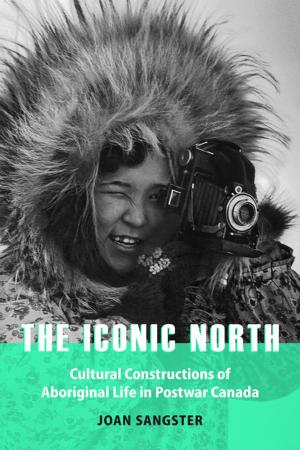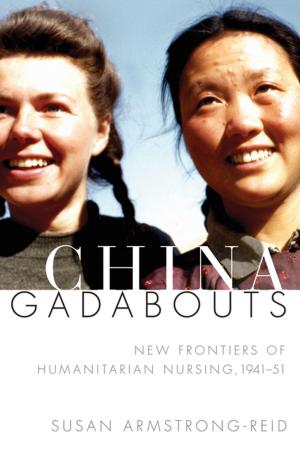National Manhood and the Creation of Modern Quebec
Nonfiction, Social & Cultural Studies, Social Science, Gender Studies, Men&, History, Canada| Author: | Jeffery Vacante | ISBN: | 9780774834667 |
| Publisher: | UBC Press | Publication: | June 15, 2017 |
| Imprint: | UBC Press | Language: | English |
| Author: | Jeffery Vacante |
| ISBN: | 9780774834667 |
| Publisher: | UBC Press |
| Publication: | June 15, 2017 |
| Imprint: | UBC Press |
| Language: | English |
This intellectual history explores how the idea of manhood shaped French Canadian culture and Quebec’s nationalist movement. During the latter half of the nineteenth century, Quebec was an agrarian society and masculinity was rooted in the land and the family and informed by Catholic principles of piety and self-restraint. As the industrial era took hold, French Canadians grew increasingly preoccupied with what it meant to be a man. A new model of manhood was forged, built on the values of secularism and individualism.
Jeffery Vacante’s perceptive analysis of fiction and non-fiction sources reveals how French Canadian intellectuals defined masculinity and themselves in response to imperialist English Canadian ideals. By the mid-twentieth century, this new “national manhood” would be disentangled from the workplace, the family, and the land and tied instead to one’s cultural identity.
The new formulation was crucial in the larger struggle to modernize Quebec’s institutions and economic relationships while preserving French Canadian community, faith, and culture. It offered French Canadian men a way to remodel themselves, fortifying their role in society and enabling them to participate in industrial modernity without relinquishing their cultural authority.
This intellectual history explores how the idea of manhood shaped French Canadian culture and Quebec’s nationalist movement. During the latter half of the nineteenth century, Quebec was an agrarian society and masculinity was rooted in the land and the family and informed by Catholic principles of piety and self-restraint. As the industrial era took hold, French Canadians grew increasingly preoccupied with what it meant to be a man. A new model of manhood was forged, built on the values of secularism and individualism.
Jeffery Vacante’s perceptive analysis of fiction and non-fiction sources reveals how French Canadian intellectuals defined masculinity and themselves in response to imperialist English Canadian ideals. By the mid-twentieth century, this new “national manhood” would be disentangled from the workplace, the family, and the land and tied instead to one’s cultural identity.
The new formulation was crucial in the larger struggle to modernize Quebec’s institutions and economic relationships while preserving French Canadian community, faith, and culture. It offered French Canadian men a way to remodel themselves, fortifying their role in society and enabling them to participate in industrial modernity without relinquishing their cultural authority.





